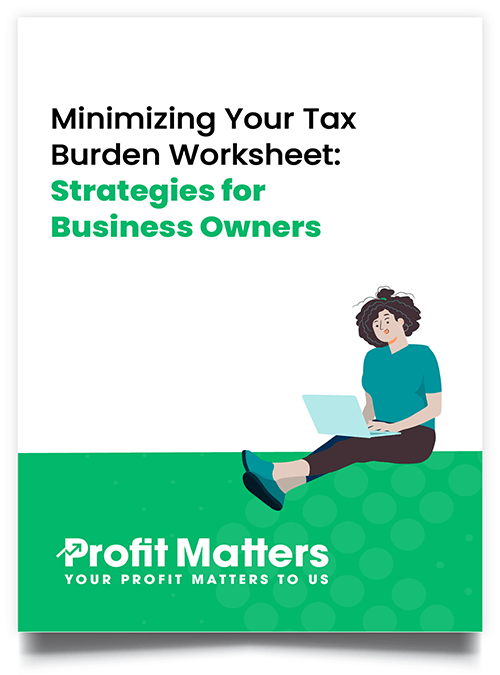The New Year has arrived, and you may be considering striking out on your own. If you work in construction and have the necessary talents, this might imply that you want to become a subcontractor. Sub-contractors are in high demand right now, drywall, plumbing, electrical work, landscaping, painting and tiling installation are all areas of the market that are growing and expanding. Demand is anticipated to continue to rise in the near future as the real estate market rebounds strongly after having spent more time at home individuals want to improve their home.
Here are the top six tips and requirements that will help you on your new journey.
- Make sure you have the skills; getting in over your head is one of the most expensive mistakes in the sub-contracting business. Do you know how to perform all of the activities? If you want to work on your own, be sure you’re considered an expert in your field – this will guarantee that you get the job done on time and
- Obtain a License: Depending on your state, you may be able to get by without obtaining a license, but certain activities might need you to pass an exam. Individuals who do not have a license are at risk of incurring significant liability and will find it difficult to secure the necessary insurance. Even if your trade does not need a license, you must obtain a business license. Google is an excellent tool for researching; so do some homework and find out what regulations apply to subcontracting in your state.
- You’ll need your own insurance, work comp (if you have employees), property, and liability coverage to protect yourself and your clients from unforeseen events or problems that may arise in the field as a sub-contractor. Both you and your customers are safeguarded by this insurance against unanticipated calamities or difficulties that may develop while working on a job. Always get insurance before beginning work.
- Get a good contract. A lawyer may be able to prepare a service agreement for you that you can fill in with payment information and the scope of work on a per-project basis, or you could locate an online attorney who would be willing to customize a template for you. Begin work only after you have a contract with your General Contractor or customer that details the scope of work, payment amount, scheduling, and anticipated milestones and completion.
- Create your accounting procedures and learn about taxes. It is not enough to simply perform well and have signed contracts. While you’re working, there are a number of essential duties that must be completed such as keeping track of expenditures, predicting jobs, getting paid on time, and understanding taxes. If you wait too long, you’ll need to hire someone to do “catch up accounting,” which means they’ll have to go back and possibly try and sort out what you did previously, which is always more expensive than doing it correctly the first time.
- Start selling, by contacting people you have previously worked with or for is a wonderful place to start looking for jobs. If you delivered outstanding work, they should remember you and have other connections that require your services. You can also buy leads. It may be difficult to obtain customers when you’re starting out. However, internet marketing is a great way to market your company without spending money on television or radio advertisements. Start running ads on Google or purchase leads from a site like Home Advisor or Angi in those instances you’ll be competing with other contractors for that work, but building a reputation on those platforms will pay off in the long run.
Subcontracting allows you to be your own boss and create your own fate. It may provide you with flexibility and control over your career and life. However, many subcontractors, fall behind on their taxes, take too long to invoice, underestimate expenses, and so on, that’s why it is so important to setup a process and systems before getting started.
If you are a contractor and need help with your finance and accounting Profit Matters can help. Get in touch with the team today



